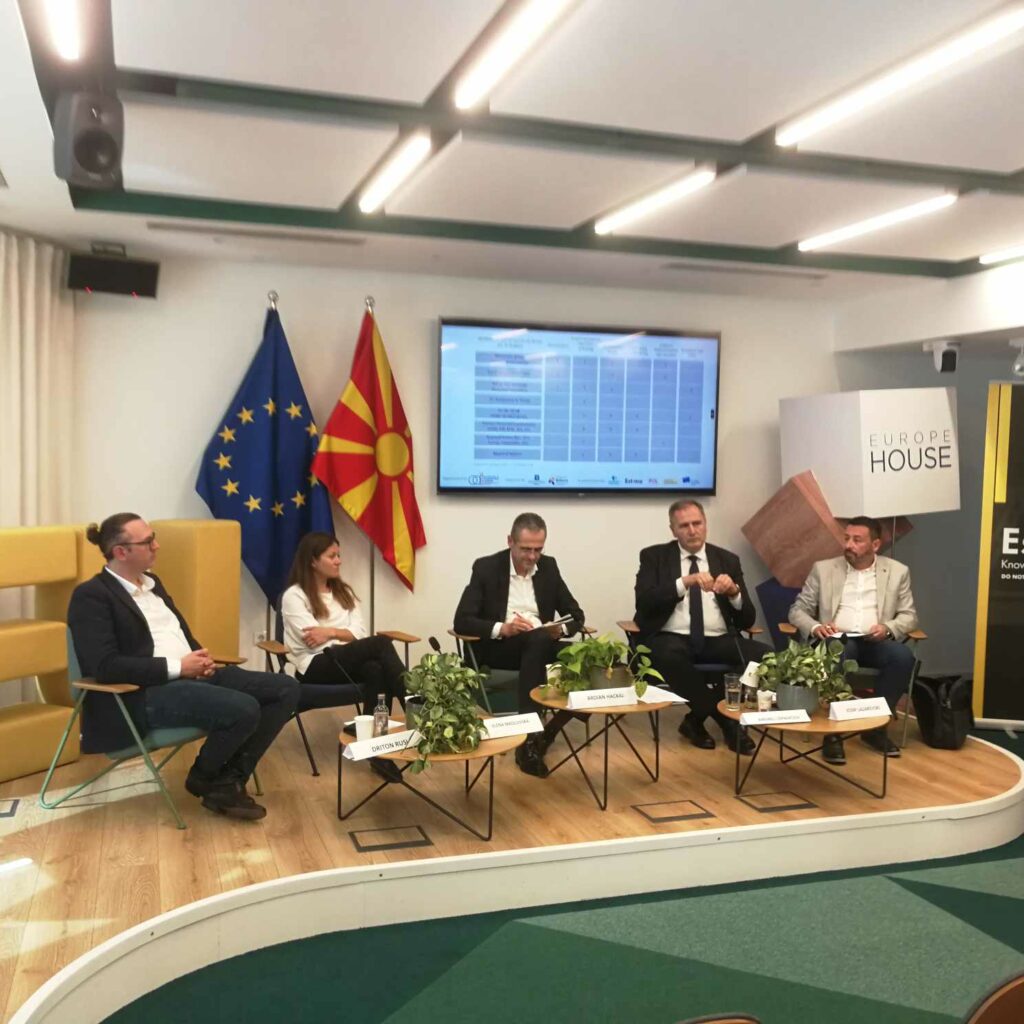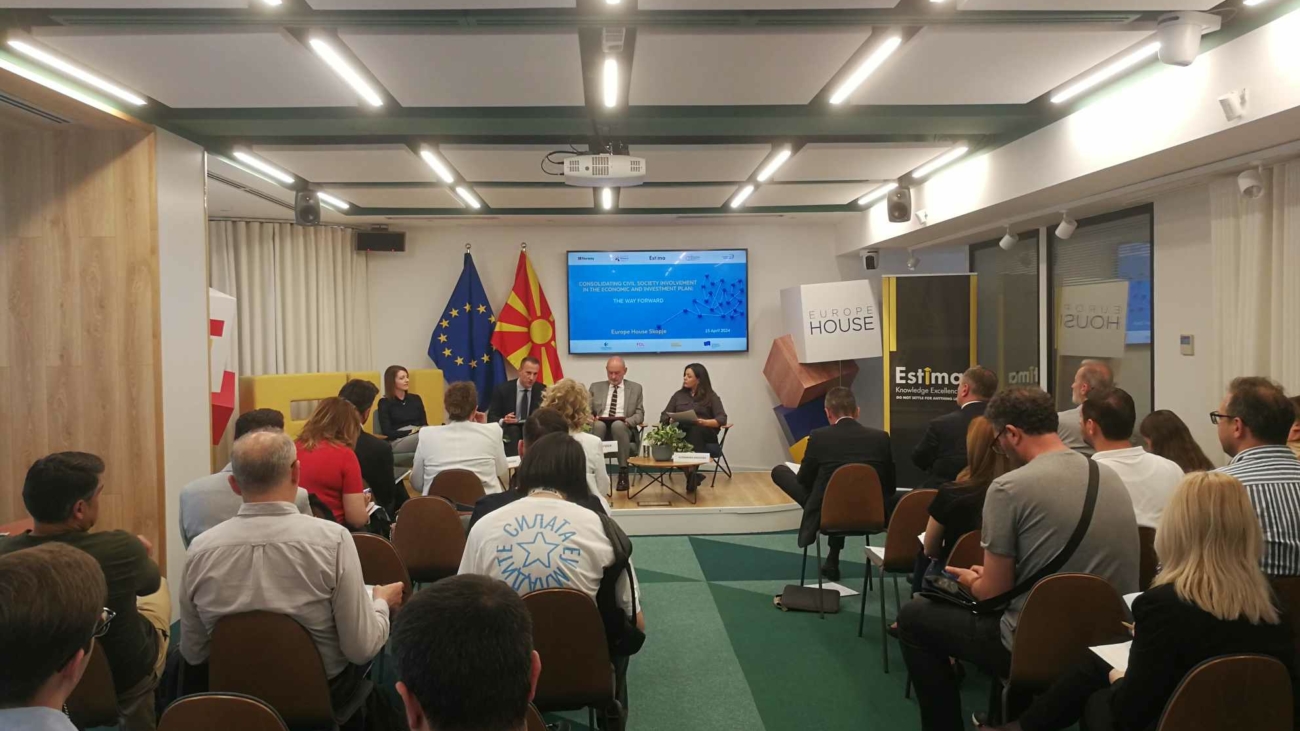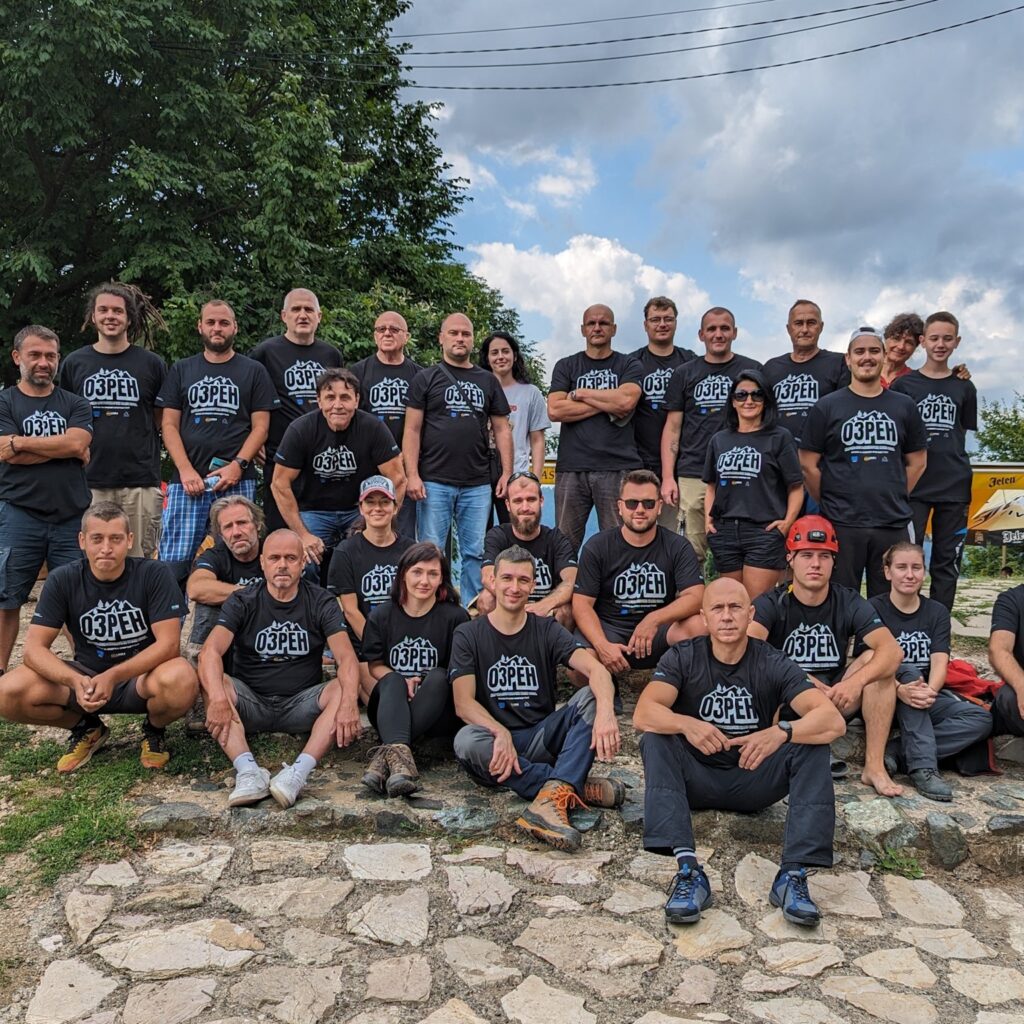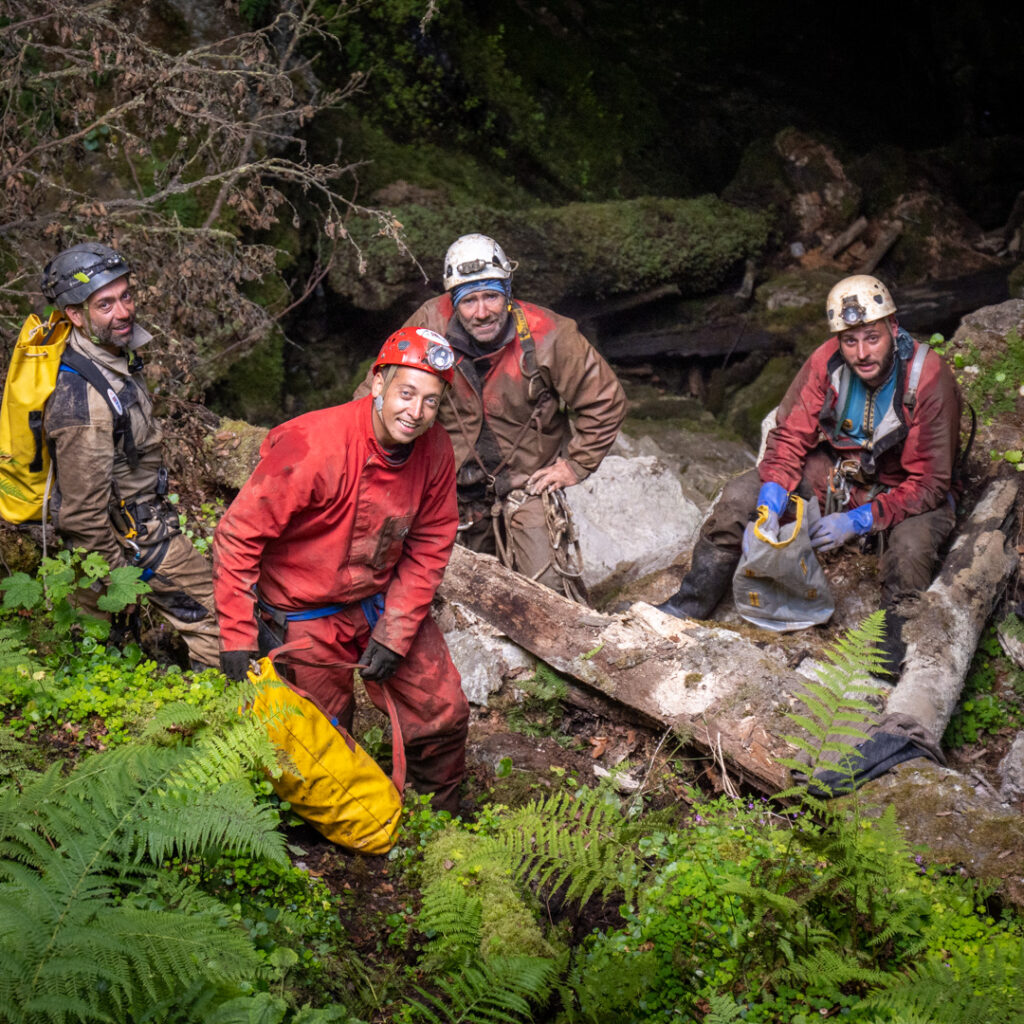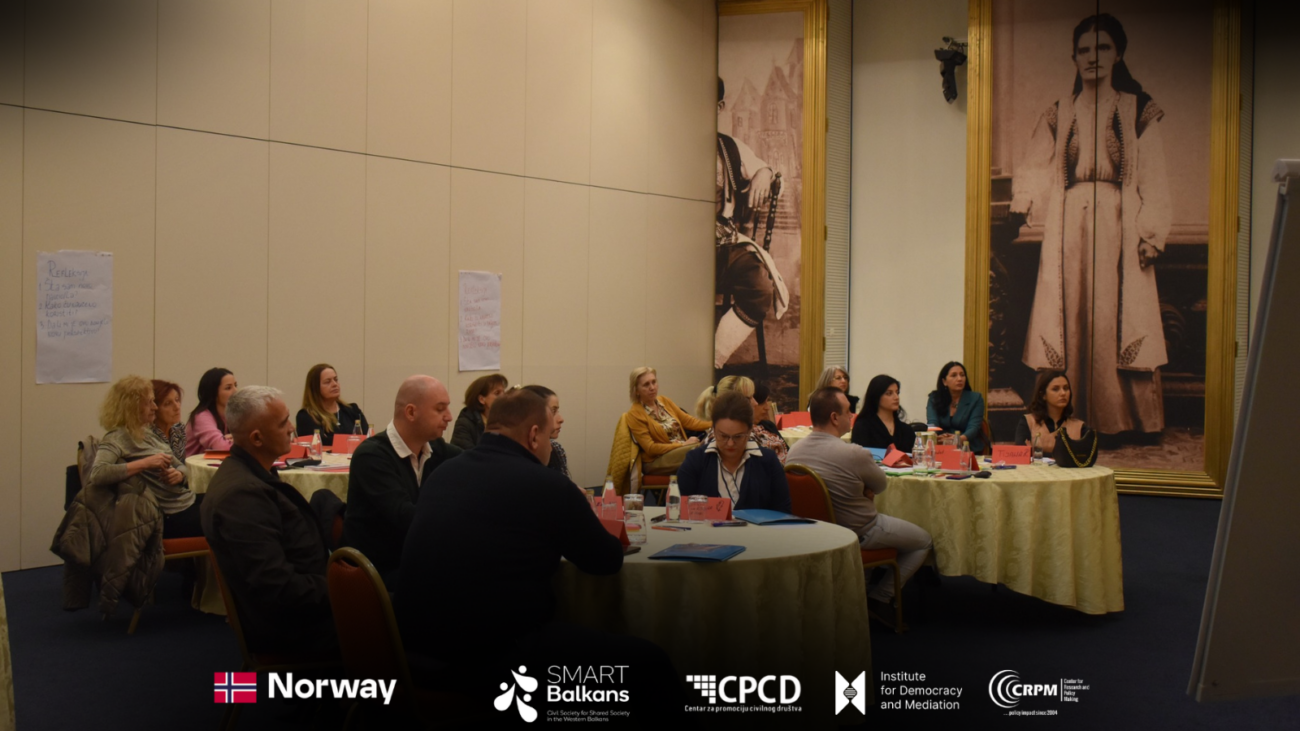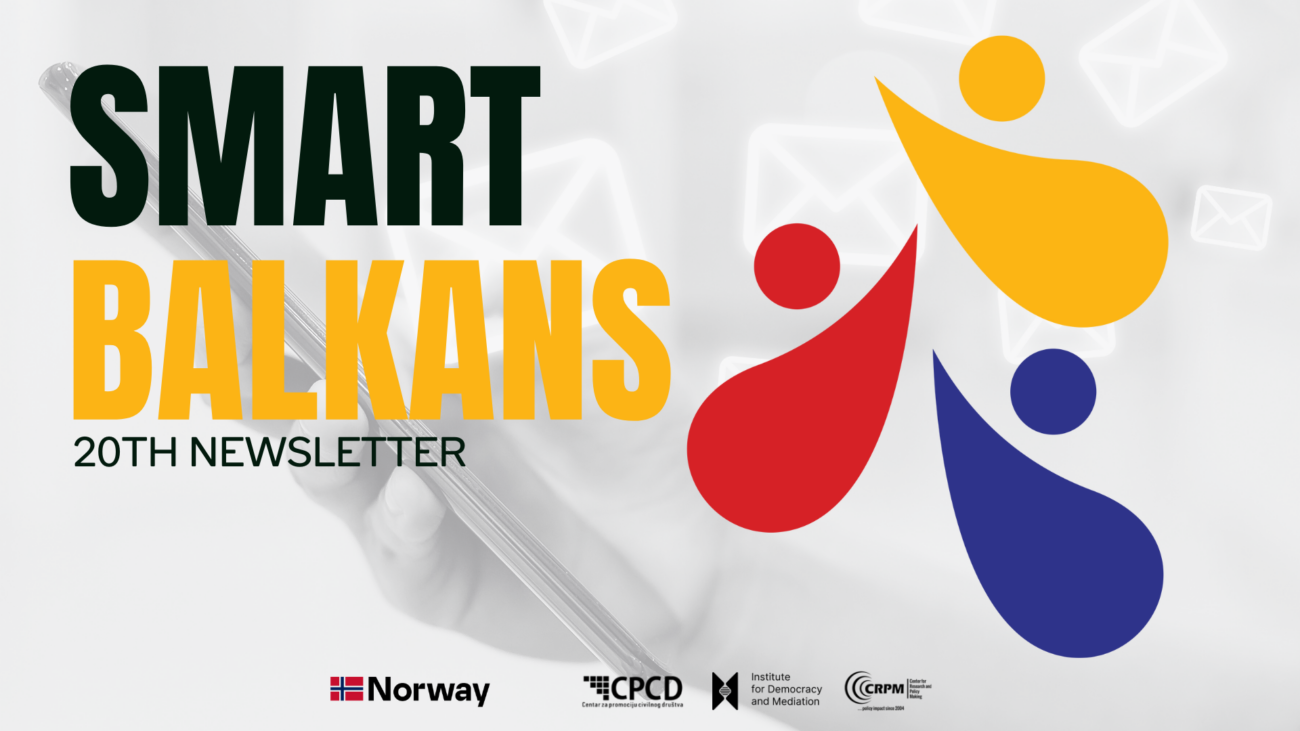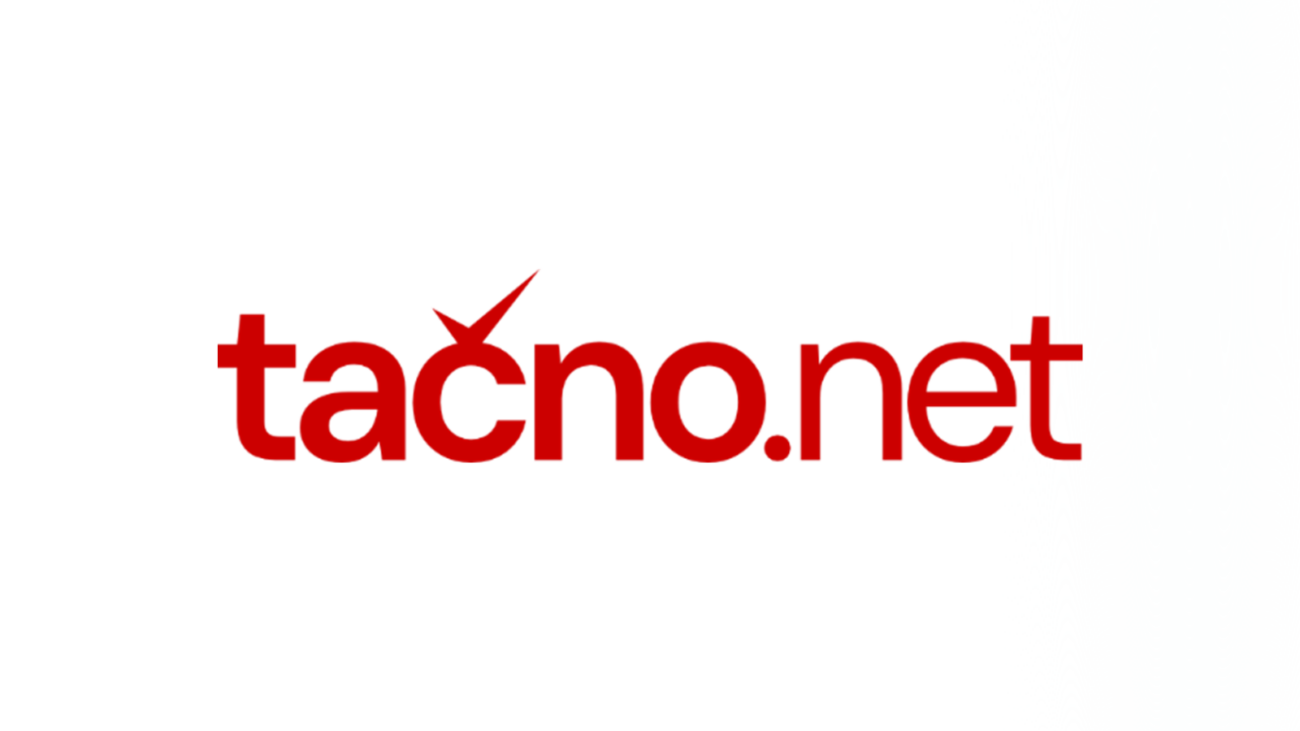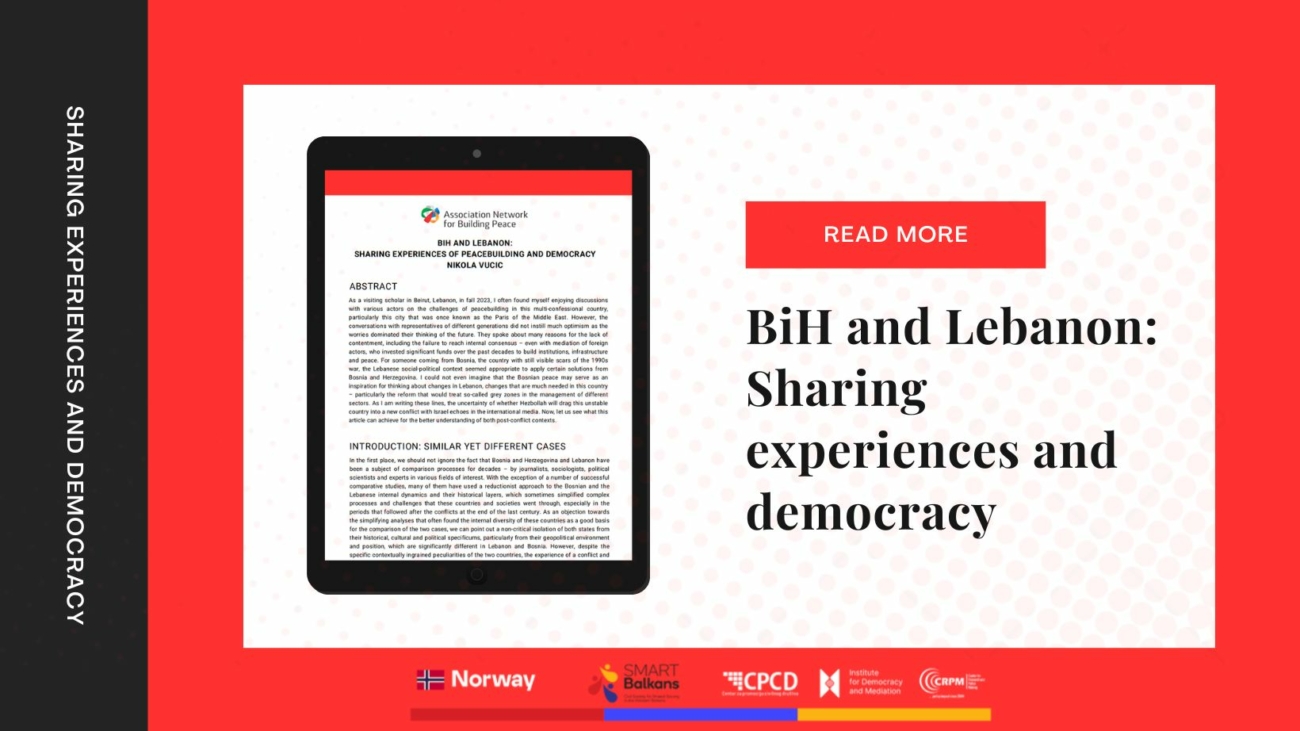Climate change represents the greatest challenge of our time, while simultaneously offering an opportunity to devise a new economic model. In response to these challenges, the EU has adopted an ambitious growth strategy – the European Green Deal. The goal of this strategy is to transform the EU into a modern, resource-efficient, and competitive economy that will achieve climate neutrality by 2050. In order to implement the European Green Deal in the Western Balkans, an instrument, or initiative, called the Green Agenda for the Western Balkans has been initiated. Through this initiative, countries in the region have committed to implementing a series of concrete actions and measures aimed at achieving “low carbon” development of the region and economic growth in line with the principles of sustainable development. The implementation of these measures aims to create new, green jobs, increase energy efficiency and utilize renewable energy sources, reduce pollution, improve the quality of life for citizens, and enhance the competitiveness of the economy through the implementation of best available techniques. However, significant investments and changes in business practices are needed to achieve these goals, which may pose a challenge for the business sector.
Regarding the potential impact of implementing these initiatives on the economy in Bosnia and Herzegovina, the Center for Energy, Environment, and Resources – CENER 21, spoke with energy expert Samra Muratspahić.
According to Ms. Muratspahić, the key policy instrument for the planning period of 2021-2030, to which Western Balkan leaders have committed to and which will affect manufacturing companies in Bosnia and Herzegovina, is the alignment with the EU Emissions Trading System (EU ETS) and/or the introduction of other carbon pricing instruments, such as the Carbon Border Adjustment Mechanism (CBAM).
CBAM represents an EU instrument for setting a fair price on carbon emitted during the production of products entering the EU, aimed at promoting cleaner industrial production in countries outside the European Union.
“As of October 1, 2023, companies in the iron/steel, cement, fertilizers, aluminium, hydrogen, and electricity production sectors are required to submit quarterly reports on direct and indirect greenhouse gas emissions embedded in products imported into the EU, without financial compensation. The obligation to report on CBAM quarterly includes a transitional period from October 1st, 2023, to December 31st, 2025, after which full implementation of the CBAM mechanism is expected. This instrument will direct the future development of companies towards using renewable energy sources in their processes, implementing energy efficiency measures, and transitioning to a circular economy, which is the foundation for preserving a competitive position in the market and further development,” stated Ms. Muratspahić.
Regarding whether Bosnian-Herzegovinian companies are aware and knowledgeable about the obligations awaiting them in the future, Ms. Muratspahić elaborates:
“Export-oriented companies demonstrate a higher level of awareness regarding the obligations awaiting them, as they must align their operations with market demands and the requirements of their EU customers, who expect the implementation of green business models, predominantly the installation of renewable energy-based technologies, and certification according to internationally recognized standards such as ISO 14001. Additionally, they acquire technical knowledge directly through collaboration with EU customers and their experts, while information about obligations primarily comes through chambers of economy and employers’ associations. It is important to emphasize that there is a visible interest and progress in understanding green business practices among industrial companies.”
During the previous period, companies in Bosnia and Herzegovina have shown the greatest interest in generating electricity from renewable sources – particularly in the installation of solar power plants, enabling a reduction in the carbon footprint of production facilities and products. In addition to the implementation of this measure, other energy efficiency measures have been identified, involving the replacement of outdated machinery along with automation and optimization of production processes through process digitalization. Based on previous work with companies in the timber sector, Ms. Muratspahić highlights their interest in waste stream analysis to identify opportunities for reuse. A positive example is a furniture manufacturing company that utilizes waste panels for pellet and briquette production, expanding its production capacities and product range.
It is important to emphasize that companies need to accelerate the standardization of their production processes to comply with some of the available international standards, thus becoming more competitive in the market – Ms. Muratspahić emphasizes.
Regarding whether the implementation of the CBAM mechanism will affect companies that market their products locally, expert Muratspahić explains:
“The implementation of the CBAM mechanism may affect companies that market their products locally, but this depends on specific regulations and their practical application. Additionally, certain companies in Bosnia and Herzegovina that are export-oriented purchase raw materials (such as certain profiles, semi-finished products, etc.) from local suppliers. Therefore, the effects of introducing the CBAM mechanism will initially be visible through supply chains. With the full adoption of EU directives into Bosnia and Herzegovina’s legislation, standards for products marketed in Bosnia and Herzegovina would change, requiring companies to adapt their production processes to meet these standards. This may result in increased production costs, which could affect product prices for the local market. Furthermore, if CO2 taxes or similar measures are introduced, they could further impact the operations of companies marketing their products locally. Additionally, authorities in Bosnia and Herzegovina may consider special measures or incentives to facilitate the transition of companies to more sustainable operations, especially if they anticipate that the CBAM or similar initiatives will impose additional burdens.”
On the journey towards sustainability, companies will need organized technical and financial assistance. Providing direct technical assistance, through knowledge, to industrial companies has proven to be a very successful model. Targeted technical assistance programs by relevant institutions for industrial and economic development, entrepreneurship development, environmental protection, and energy can be helpful in this regard – emphasizes Ms. Muratspahić.
In Bosnia and Herzegovina, various grants are currently available to support the development of green business practices. These include the Green Recovery component of the COVID-19 Investment Response project implemented by GIZ on behalf of the Ministry of Economic Cooperation and Development of the Federal Republic of Germany, as well as public calls from the Fund for Environmental Protection of the Federation of BiH, and the Environmental Protection and Energy Efficiency Fund of the Republic of Srpska aimed at households and micro, small, and medium-sized enterprises – these are implemented through funds provided by Bosnia and Herzegovina through the EU Budget Support Package to mitigate the effects of the energy crisis, providing grants for the implementation of energy efficiency measures. The Federal Ministry of Development, Entrepreneurship and Crafts and the Ministry of Economy and Entrepreneurship of the Republic of Srpska provide support through public calls to enhance the competitiveness of small and medium-sized enterprises by supporting the implementation of circular economy measures, increasing energy efficiency, and environmental protection.
In conclusion, expert Muratspahić emphasizes that the mentioned financial assistance is insufficient for the complete realization of programs; therefore, a systemic solution to support companies in the green transition process is necessary, which will result in changes and enable competitiveness in the market. The implementation of green business models in industrial companies requires significant financial investments, so it is important to define a funding model. In practice, companies often invest in projects only when financially capable, which may be inconsistent with the timeframe for achieving goals outlined in strategic documents. In this regard, it is important to create targeted assistance programs to accelerate greening processes. Additionally, companies are often insufficiently informed or unprepared to apply for technical or financial assistance. Therefore, it is important to approach them directly with targeted information, and one efficient method could be through the chamber of economy.
Conducting an interview on the impact of the European Green Deal and the Green Agenda for the Western Balkans on the Bosnian-Herzegovinian economy represents efforts of the non-governmental organization Center for Energy, Environment, and Resources – CENER 21 – towards enhancing public capacity through informing and engaging them with the topic of energy security. This activity is carried out within the framework of the “Contribution to energy security (Security of Supply) through green energy transition – SoS,” project supported by the SMART Balkans National interventions grant line, which aims to support energy transition, strengthen energy security in Bosnia and Herzegovina, and contribute to fulfilling national/entity strategic documents and the Green Agenda for the Western Balkans in Bosnia and Herzegovina.
